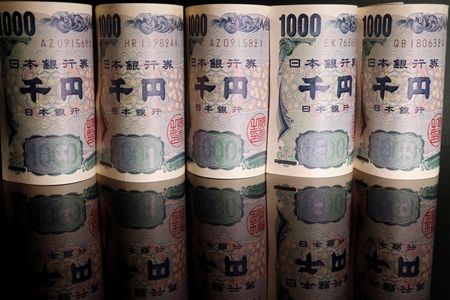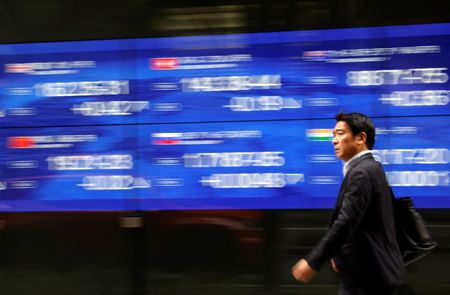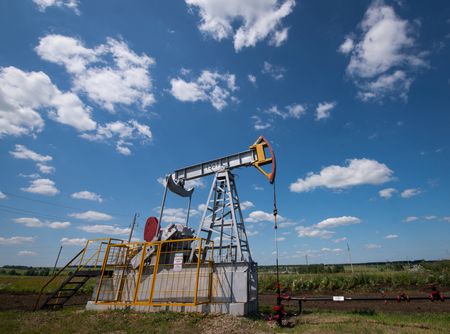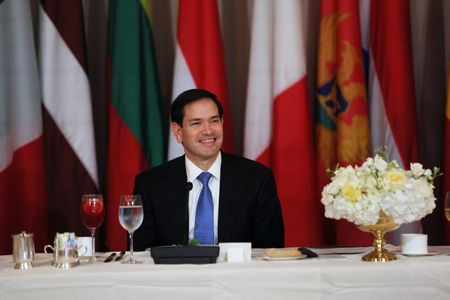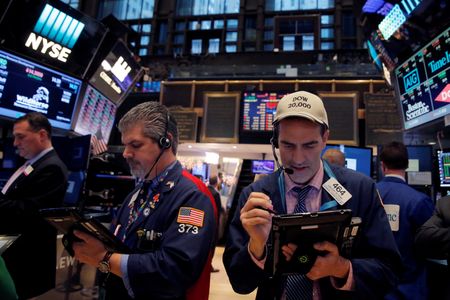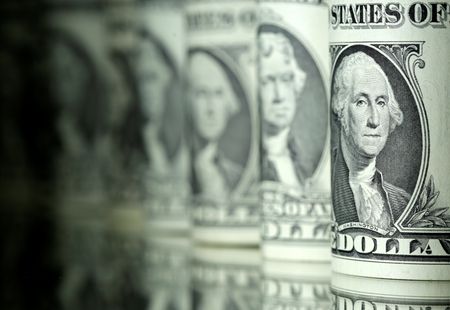By Kevin Buckland
TOKYO (Reuters) -The yen weakened on Monday as Sanae Takaichi, an advocate of fiscal and monetary stimulus, appeared all but certain to become Japan’s next prime minister after reportedly securing crucial political backing for the top job.
The safe-haven currency was also hit by an improvement in risk appetite after trade tensions between Beijing and Washington calmed somewhat, and worries about U.S. regional banks also eased. The risk-sensitive Aussie dollar advanced.
Chinese gross domestic product data was largely ignored by the market with a slowdown to a 4.8% annual growth rate in the latest quarter in line with economists’ forecasts.
Investors returned to the so-called “Takaichi trade” – bullish equities and bearish the yen – after Kyodo reported that the ruling Liberal Democratic Party and Japan Innovation Party will firm up an alliance on Monday. A parliamentary vote to choose a prime minister is set for Tuesday.
Takaichi’s bid to become Japan’s first female premier had been in jeopardy after a sudden break-up with the LDP’s coalition partner of 26 years, Komeito, earlier this month. However, in the right-wing JIP, Takaichi has a partner more aligned with her policy views.
The U.S. dollar added 0.3% to 150.96 yen as of 0210 GMT, following a drop of as much as 1.1% on Friday, mainly with traders jittery following a clutch of bad loans at U.S. banks and with tariff tensions simmering over Chinese rare earths, essential in chip- and other high-tech supply chains.
However, credit worries took a step back by the end of Wall Street trading, with the main indexes all finishing higher.
“There’s a lot more bark than bite on the credit fears,” said Jed Ellerbroek, a portfolio manager at Argent Capital. “Looking through all the big banks’ results, credit is very good. Overall, there are very few pockets of weakness.”
Additionally, U.S. President Donald Trump said his proposed, retaliatory 100% tariff on goods from China would be “not sustainable”, and confirmed he would still meet with Chinese President Xi Jinping in two weeks.
The Aussie gained 0.4% to $0.6511 on Monday.
China’s yuan was flat in offshore trading at 7.1261 per U.S. dollar.
The euro appreciated 0.1% to $1.1665.
“There’s an element – to use the Cold War language – of mutually assured destruction when it comes to total rare earth exports curbs and 100% tariff rates, with both the U.S. and Chinese more or less acknowledging that,” said Kyle Rodda, a markets analyst at Capital.com.
“As a result, the markets are pricing in that things will de-escalate,” Rodda added. “However, the markets are likely to remain jittery until such backdowns are explicitly announced.”
(Reporting by Kevin Buckland; Editing by Sam Holmes)

